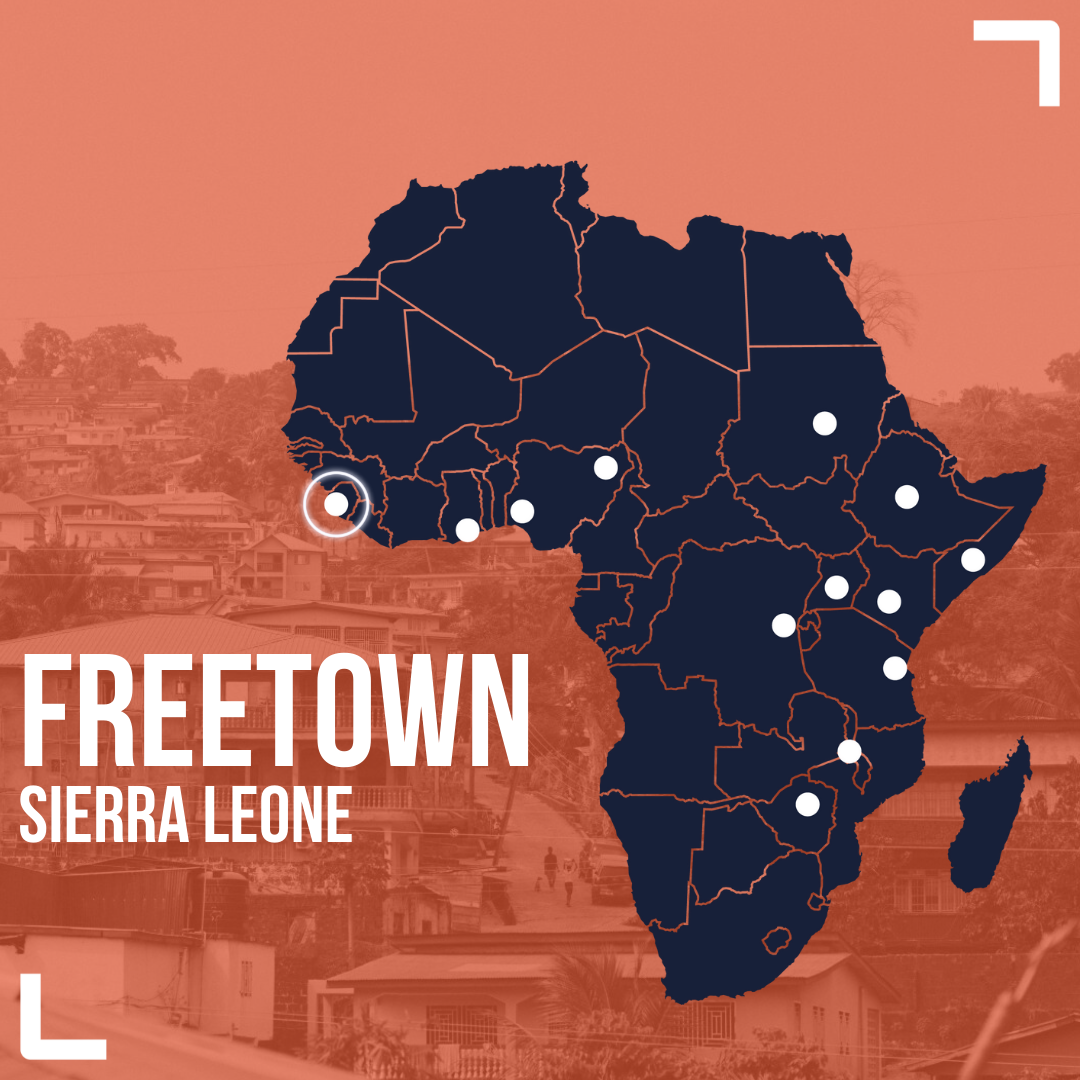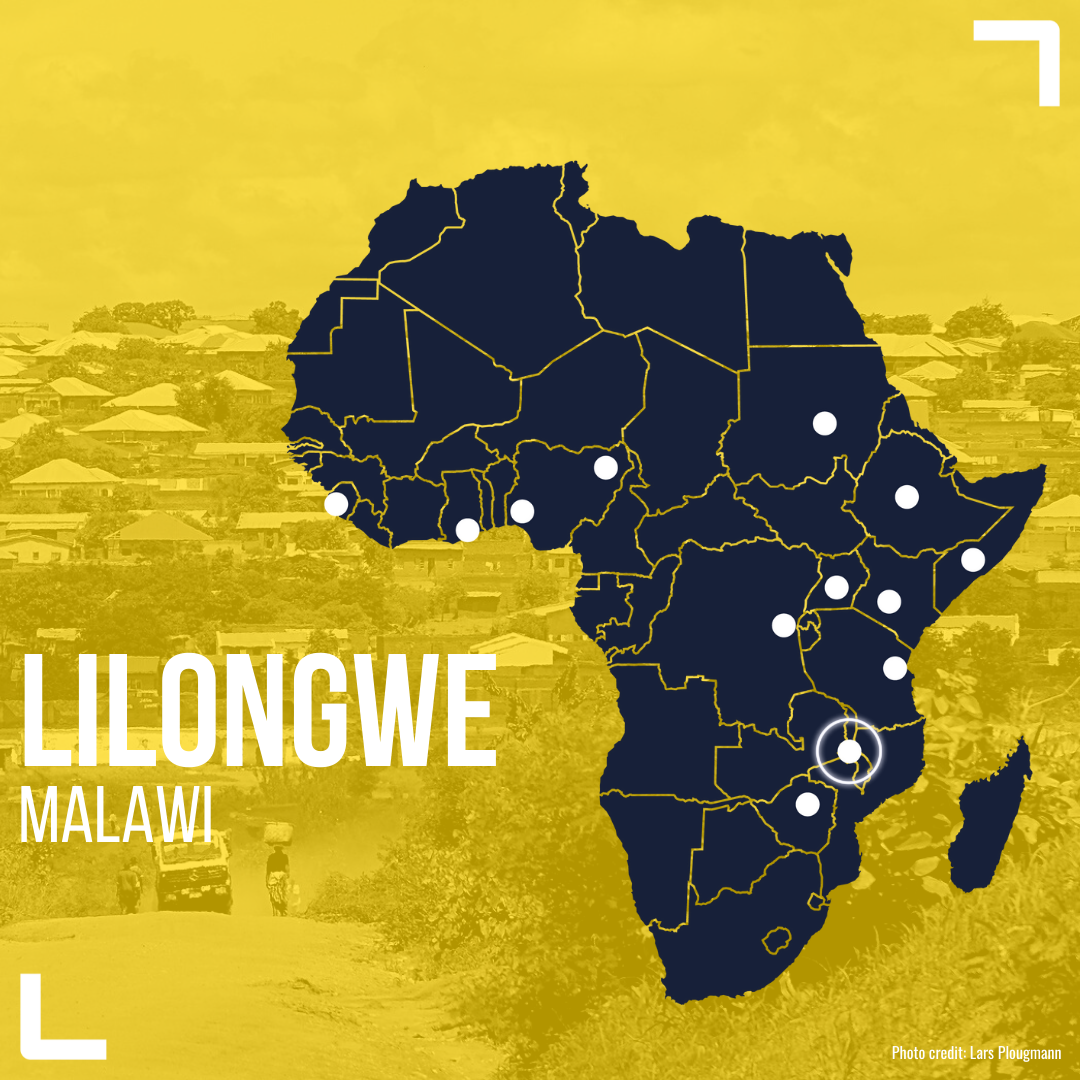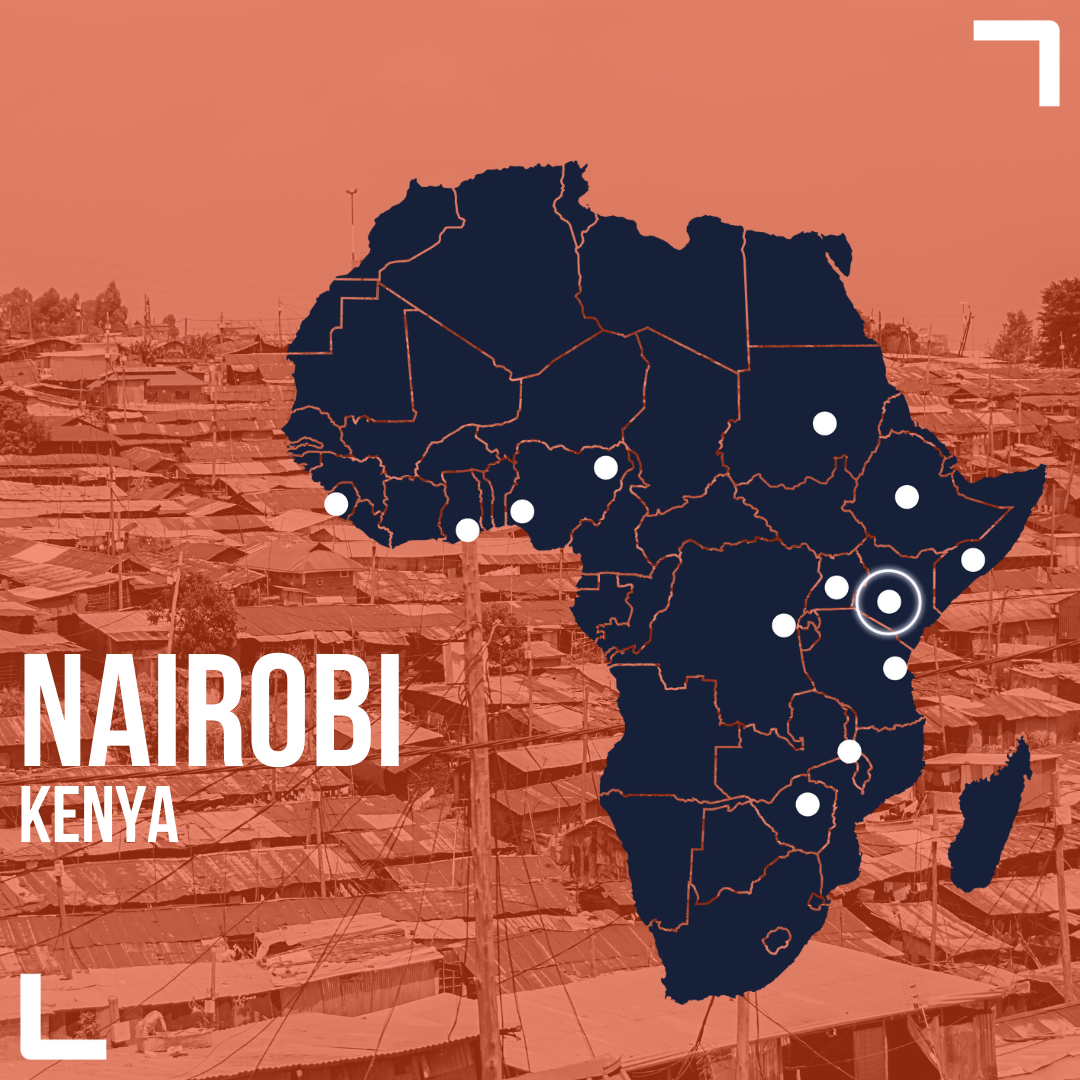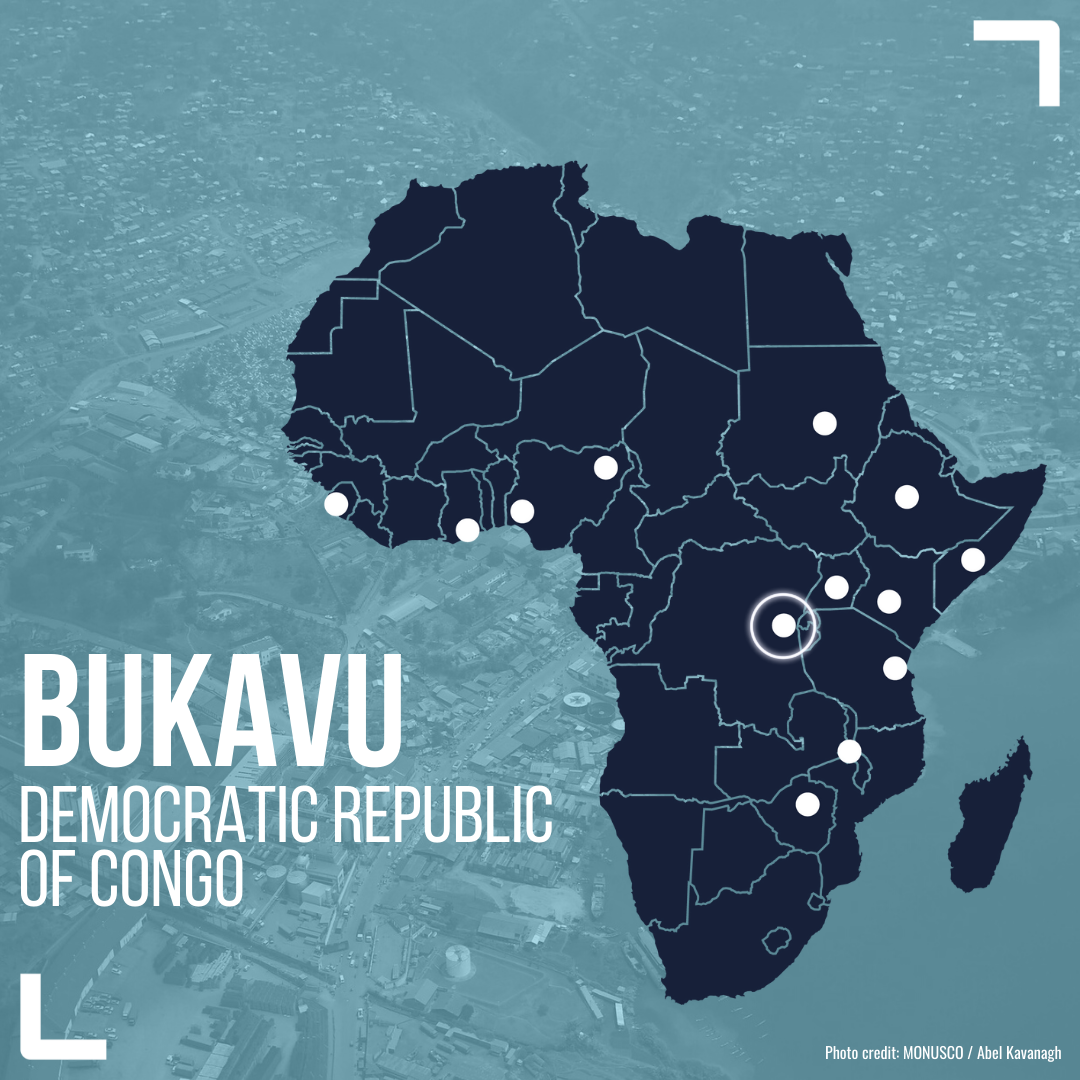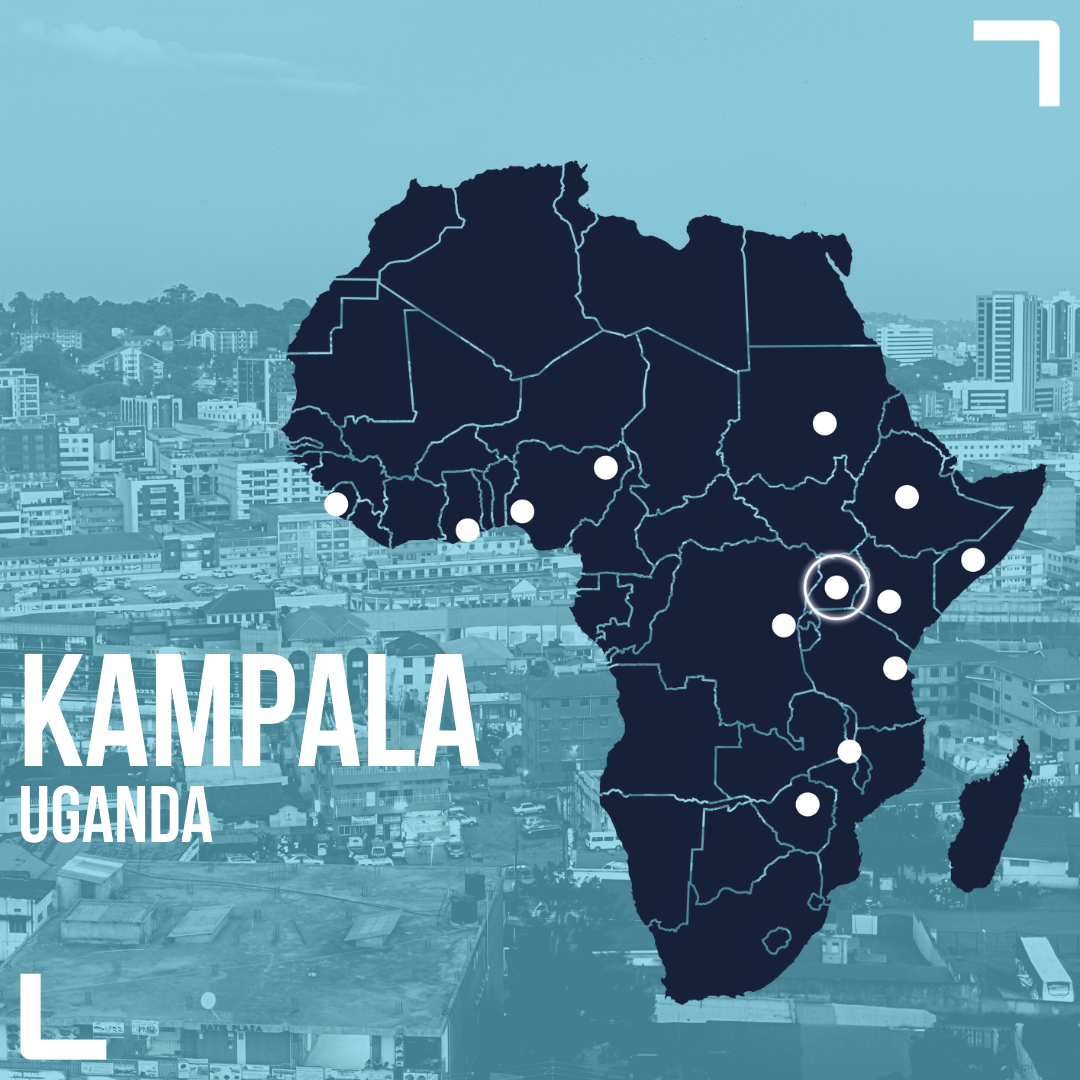Health, wellbeing and nutrition
Many residents in African cities face considerable challenges relating to health, nutrition and wellbeing, along with marginalisation or exclusion in accessing healthcare – especially those living in poverty. Yet these difficulties are often masked within wider data and policy debates by the so-called “urban advantage”.
Poor access to clean water, sanitation and affordable quality health services, as well as malnutrition, have made many people living in African cities – particularly in informal settlements – vulnerable to communicable diseases such as malaria and tuberculosis. The Covid-19 crisis has highlighted the extent of health vulnerabilities in cities and the wider consequences for national and global health security, along with the fragility of food and nutrition security in many urban centres.
Improving integration between multiple city systems – including healthcare, food, water and sanitation, waste management, energy and spatial planning – is key to securing better health, wellbeing and nutrition outcomes for residents in African cities. This domain looks at the political dimensions underlying the ability of governments to provide affordable, higher quality health services and food, exploring potential policy approaches and interventions to improve access and availability.
LATEST NEWS from ACRC

Streetlights in Lagos can boost safety and grow the economy – why not everyone benefits
Streetlighting plays a crucial role in public safety and security, and it promotes inclusive social and economic development by boosting local commerce, street businesses and community engagement.

In the shadow of Nairobi’s expansion: From peasants to paupers
In a new open access book, Peasants to Paupers: Land, Class and Kinship in Central Kenya, Peter Lockwood – former Hallsworth Fellow at The University of Manchester and now a postdoctoral researcher at the University of Goettingen – tells the human stories behind Kenya’s rapid urban expansion and the families being left behind.
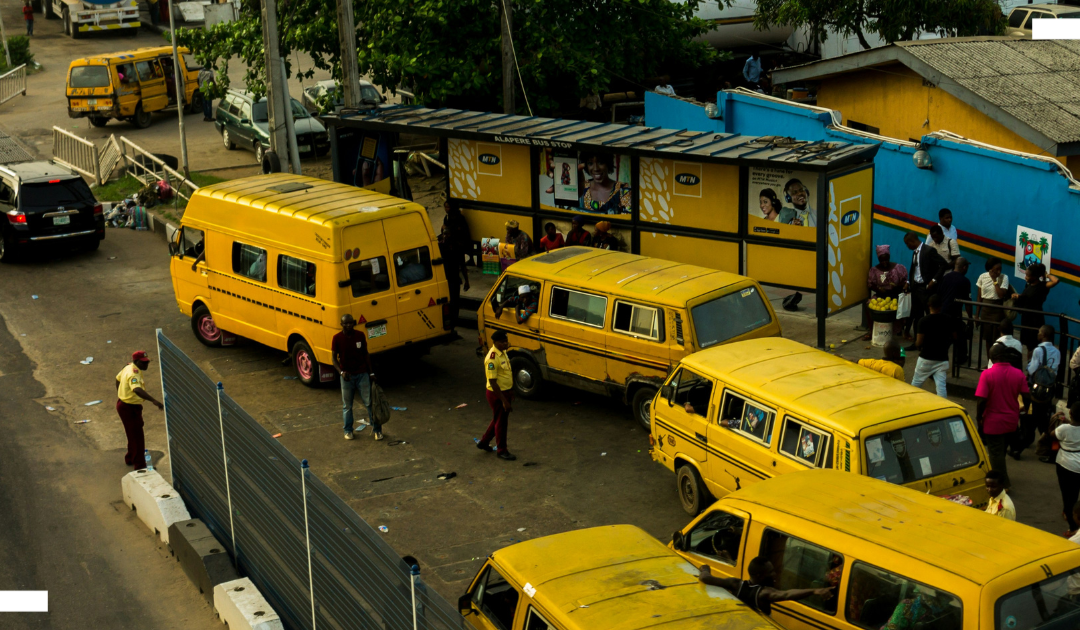
Crime-fighting in Lagos: Community watch groups are the preferred choice for residents, but they carry risks
Criminal activities have developed into a security crisis in Nigeria. Alongside the responses of security agencies such as the police and military, there has been a huge local response, with community groups mobilising in the face of criminal attacks.

